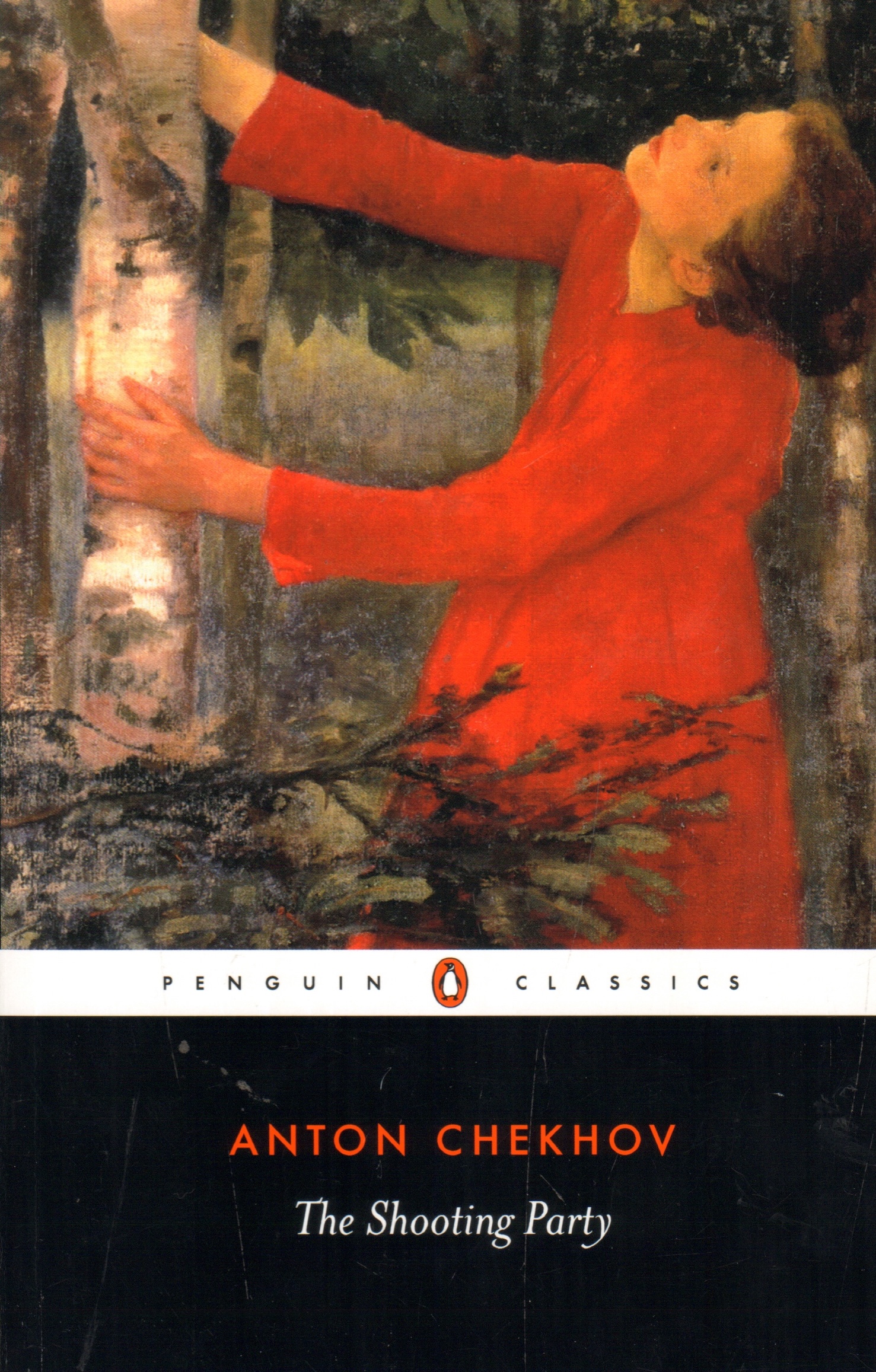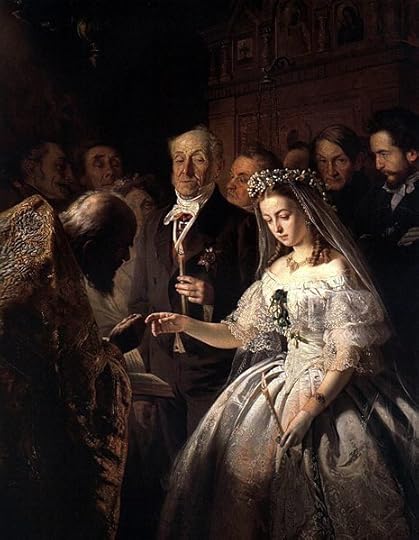What do you think?
Rate this book


199 pages, Paperback
First published January 1, 1884
Those who knew both the Count and myself interpreted our mutual relationship in different ways. Those with limited brainpower, who couldn’t see further than their noses, were fond of claiming that the distinguished Count had found an excellent drinking companion and stooge in that ‘poor and undistinguished examining magistrate’. As they saw it, I, the author of these lines, went crawling and grovelling around the Count’s table for a few crumbs and titbits!
In appearance the Count hadn’t changed one bit during our two-year separation: there was that same small, thin body, as frail and sluggish as a corncrake’s, those same narrow, consumptive’s shoulders and that small head with reddish hair. His nose was as red as ever, and his cheeks were the same as they had been two years ago, sagging like limp rags. There was nothing bold, strong or manly in his face. Everything was weak, apathetic and flaccid.
Her flushed cheeks as fresh as the air, that rapidly breathing, heaving bosom, those curls scattered over her forehead and shoulders and over that right hand with which she was adjusting her collar, her big, sparkling eyes – all this in one small body that you could take in at a single glance. Just one look at this tiny creature and you would see more than if you stared at the boundless horizon for centuries.
The man who, under the influence of mental pain or plagued with unbearable suffering, puts a bullet in his brains is called a suicide. But for those who give full rein to their pathetic, spiritually debasing passions during the sacred days of their youth there is no name in the language of man. Bullets are followed by the peace of the grave, ruined youth is followed by years of grief and agonizing memories. Anyone who has profaned his youth will understand my present state of mind.


"What poetry from the past could withstand the filth of the present?" (125)The Shooting Party is Chekhov's only full-length novel, although that fact doesn't really distinguish it from other long works like The Steppe, The Duel, and so on (even within the story, he refers to it as a "novel (or novella if you prefer)" with characteristic ambivalence). What does differentiate it is the fact that it is a detective novel. Chekhov apparently experimented with the detective story early on—The Shooting Party (1884) was written when young Chekhov still signed his work as Antosha Chekhonte. He never returned to the detective story. In fact, Chekhov never included The Shooting Party in anthologies and rarely mentioned it in any of his letters. Why? There isn't really a consensus; he may have viewed it as a youthful work. It is a cruel book—probably his darkest work, which may be surprising, given that it is supposed to be a detective story. It mostly describes people being debased and petty and mercenary and doing horrible things to the creatures around them. There is little to redeem these acts; there are few, if any, noble motivations. In fact, I think that you could read The Shooting Party as an antithesis to Crime and Punishment—both involve murders, but while Dostoevsky at least has his murderer grapple with conscience and God, Chekhov's murdered has no remorse. We say: "I find you perfectly loathsome…" And he says: "That's only natural… I'm loathsome to myself."